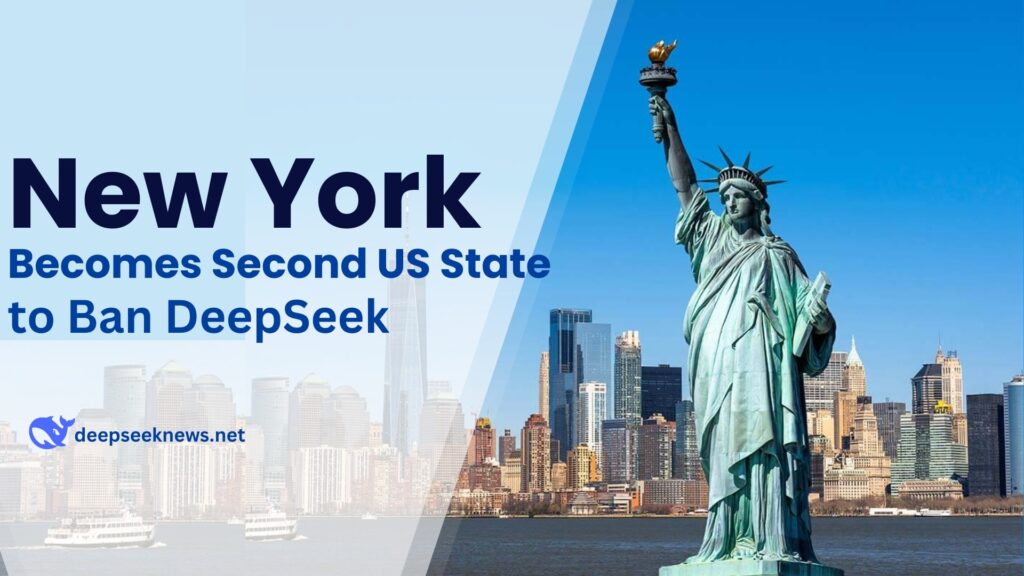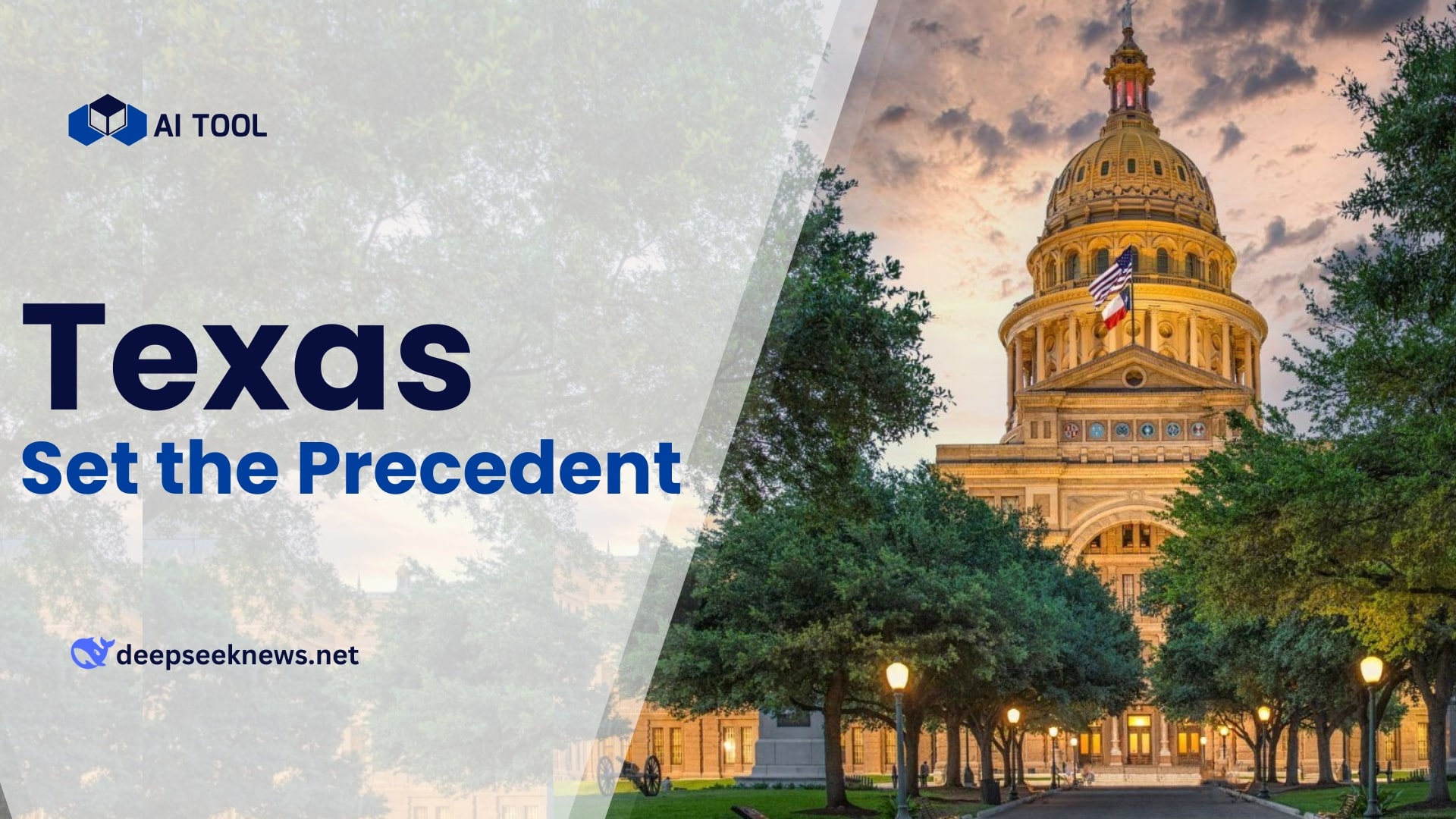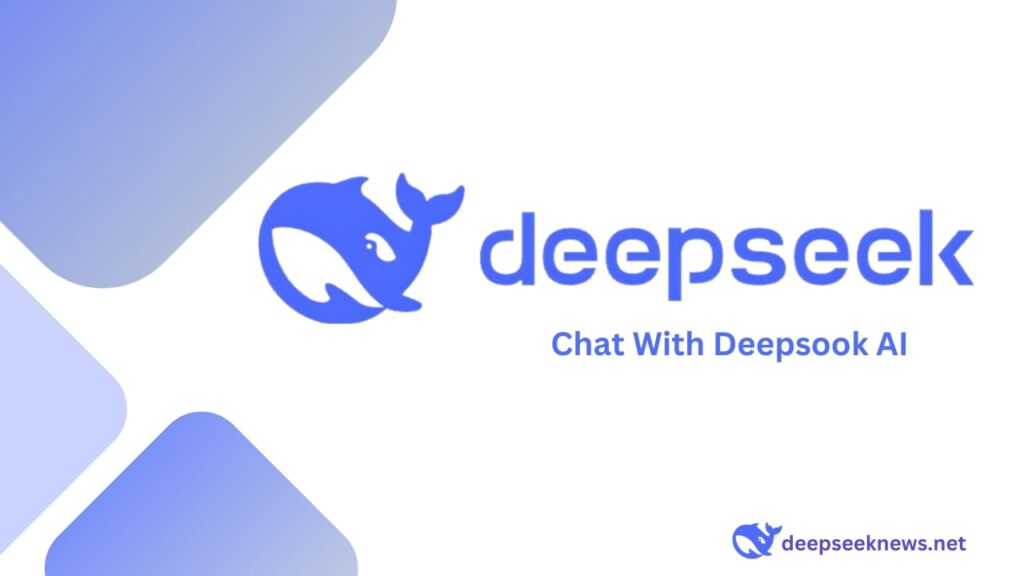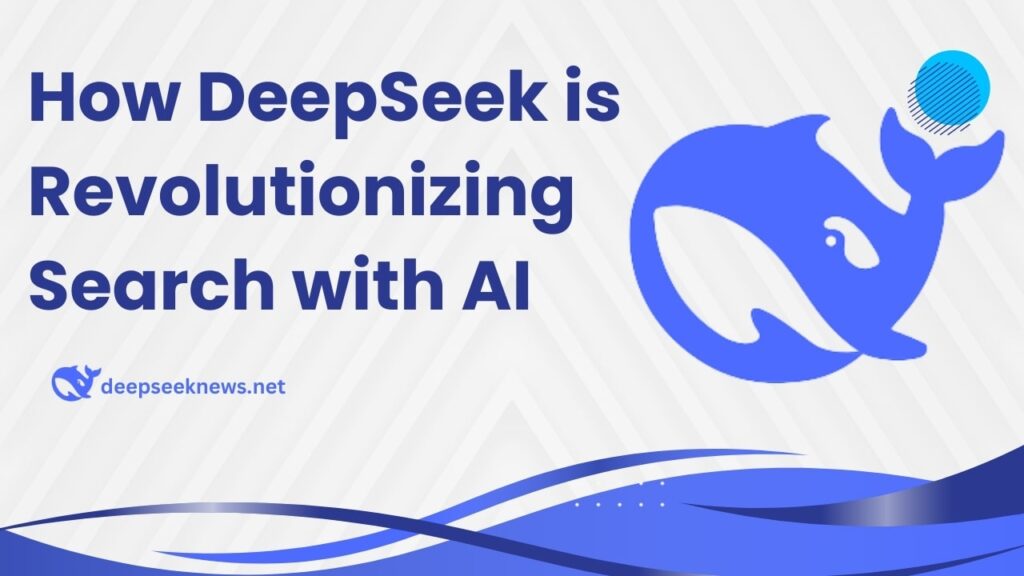New York has joined the growing list of states taking action against the use of the DeepSeek app by government employees. Following in the footsteps of Texas, New York has banned the AI-powered tool for official use, citing concerns over data privacy and security. This move highlights the increasing scrutiny of AI technologies in government operations. Let’s dive into what this means and why it matters.
Why Did New York Ban DeepSeek?
New York’s decision to ban DeepSeek for government employees stems from several key concerns:
1. Data Privacy
DeepSeek collects user data to improve its services. For government employees, this could include sensitive or classified information. New York officials worry that this data could be vulnerable to breaches or misuse. Similar concerns have been raised in other countries, as seen in the Netherlands and South Korea Ban DeepSeek for Government Employees.
2. Security Risks
Government agencies handle critical information that must be protected. Using third-party apps like DeepSeek could expose this data to cyber threats. New York’s ban aims to reduce these risks. The global discussion on AI security has been fueled by controversial reports, including the ridiculous claim on Russian state TV that DeepSeek is based on Soviet technology.
3. Lack of Transparency
DeepSeek’s algorithms are complex, and how it processes data isn’t always clear. This lack of transparency makes it difficult for governments to ensure compliance with security and privacy standards. South Korea has also taken steps to address AI transparency, as mentioned in the Democratic Party of Korea’s response to DeepSeek.
Texas Set the Precedent
New York isn’t the first state to take this step. Texas banned DeepSeek for government employees earlier this year, citing similar concerns. The move sparked a national conversation about the use of AI tools in government operations.
Now, with New York following suit, other states may consider similar bans. This could signal a broader shift in how governments approach AI technologies, especially in light of how DeepSeek has sparked an AI surge in China’s manufacturing.
Impact on Government Employees
For government workers in New York, the ban means they can no longer use DeepSeek for official tasks. This could affect productivity, as many rely on the app for quick access to information and data analysis.
However, the state is encouraging employees to use approved alternatives. These tools are designed to meet strict security and privacy standards, ensuring that sensitive information remains protected. Meanwhile, in academic settings, AI is still being embraced, as highlighted in DeepSeek for Academics: A Game-Changer in Research.
The Bigger Picture
New York’s ban on DeepSeek reflects a growing trend. Governments worldwide are becoming more cautious about using third-party AI tools. While these tools offer many benefits, they also come with risks that can’t be ignored.
For AI companies like DeepSeek, this presents a challenge. To regain trust, they’ll need to address concerns around data privacy, security, and transparency. This could involve working closely with governments to develop solutions that meet their needs. The broader implications of AI’s role in governance have also been discussed in reports like DeepSeek AI or Hitler? ChatGPT’s answer on whom it will ‘kill’ leaves the internet in splits.
Why This Matters
The ban on DeepSeek in New York is more than just a local issue. It’s part of a larger conversation about the role of AI in government. As AI technologies become more advanced, governments must balance the benefits with the risks.
For citizens, this is a positive step. It shows that governments are taking data privacy and security seriously. At the same time, it highlights the need for AI companies to prioritize these concerns.
New York’s decision to ban DeepSeek for government employees is a significant move. It reflects growing concerns about data privacy, security, and transparency in the use of AI tools. While this may be a challenge for DeepSeek, it’s also an opportunity to improve and adapt.
As more states consider similar bans, the conversation around AI in government will continue to evolve. For now, New York’s action serves as a reminder of the importance of protecting sensitive information in an increasingly digital world. Whether other states follow suit remains to be seen, but one thing is clear: the era of unchecked AI use in government may be coming to an end.





